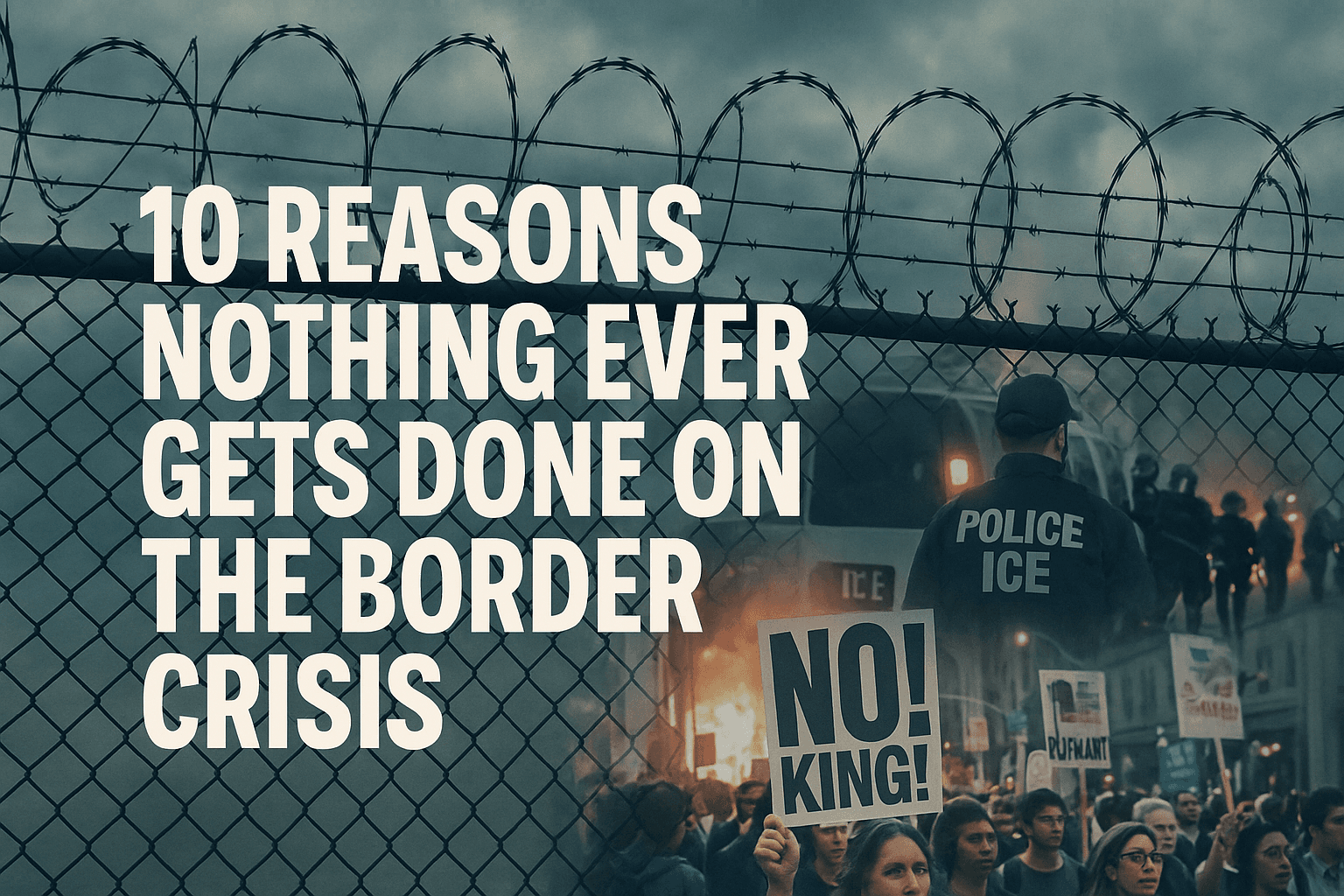Most American Votes Don't Matter — New Research Highlights Crisis in Electoral Representation

A new report from the Unite America Institute reveals a sobering truth about American democracy: in most elections, the vast majority of votes cast have zero influence on the outcome.
According to the research, only 14% of eligible voters in 2024 cast a meaningful vote in US House races. In other words, these are votes that actually helped determine the winner.
The numbers are even lower at the state level, where just 13% of votes cast in state house races were meaningful.
“Too many Americans have no real say in their democracy,” said Nick Troiano, Executive Director of Unite America. “Every voter deserves a ballot that not only counts, but that truly matters. We should demand better than ‘elections in name only.’”
Unite America’s “meaningful vote” metric combines turnout and competitiveness data to determine the percent of eligible voters whose ballots played a decisive role in an election.
In races where one party’s candidate is virtually guaranteed to win, often the only consequential election is the primary — and even then, turnout tends to be dismally low.
For example, in the special election to replace former US Rep. Matt Gaetz (FL-1), over 170,000 votes were cast in the general election. And yet, none were considered meaningful because the district is safely Republican.
The only votes that mattered were the 51,297 cast in the primary — representing just 8% of eligible voters.
This is not an isolated case. In 2024, nearly 90% of U.S. House and state house races were uncompetitive, meaning the real decision was made in the primary, if it was made at all.
In fact, 64% of state house races had zero meaningful votes — neither the primary nor the general election featured real competition.
When elections are effectively decided before most voters even cast a ballot, elected officials are incentivized to cater to a narrow segment of partisan primary voters rather than the electorate at-large.
This fuels political polarization and reinforces voter dissatisfaction. However, Unite America's research highlights solutions.
States that have adopted primaries in which all voters and candidates participate on the same ballot, regardless of party, see more than double the share of meaningful votes compared to those with traditional closed primaries.
For example, Alaska saw a 60% increase in meaningful votes after adopting its Top 4 system in 2022. The reform also led to the formation of a cross-partisan governing coalition in the state legislature.
Just last week, New Mexico Governor Michelle Lujan Grisham signed a law ending the state’s closed primary system, granting 330,000 independent voters access to critical, taxpayer-funded elections.
Still, 16 states continue to bar independent voters — 16.6 million Americans — from voting in primary elections, locking them out of many races that are effectively decided before the general election.
With so much talk about a constitutional crisis, maybe more people should pay attention to the political crisis of poor representation and zero accountability that the US has been in for decades and is only getting worse.
 Shawn Griffiths
Shawn Griffiths






